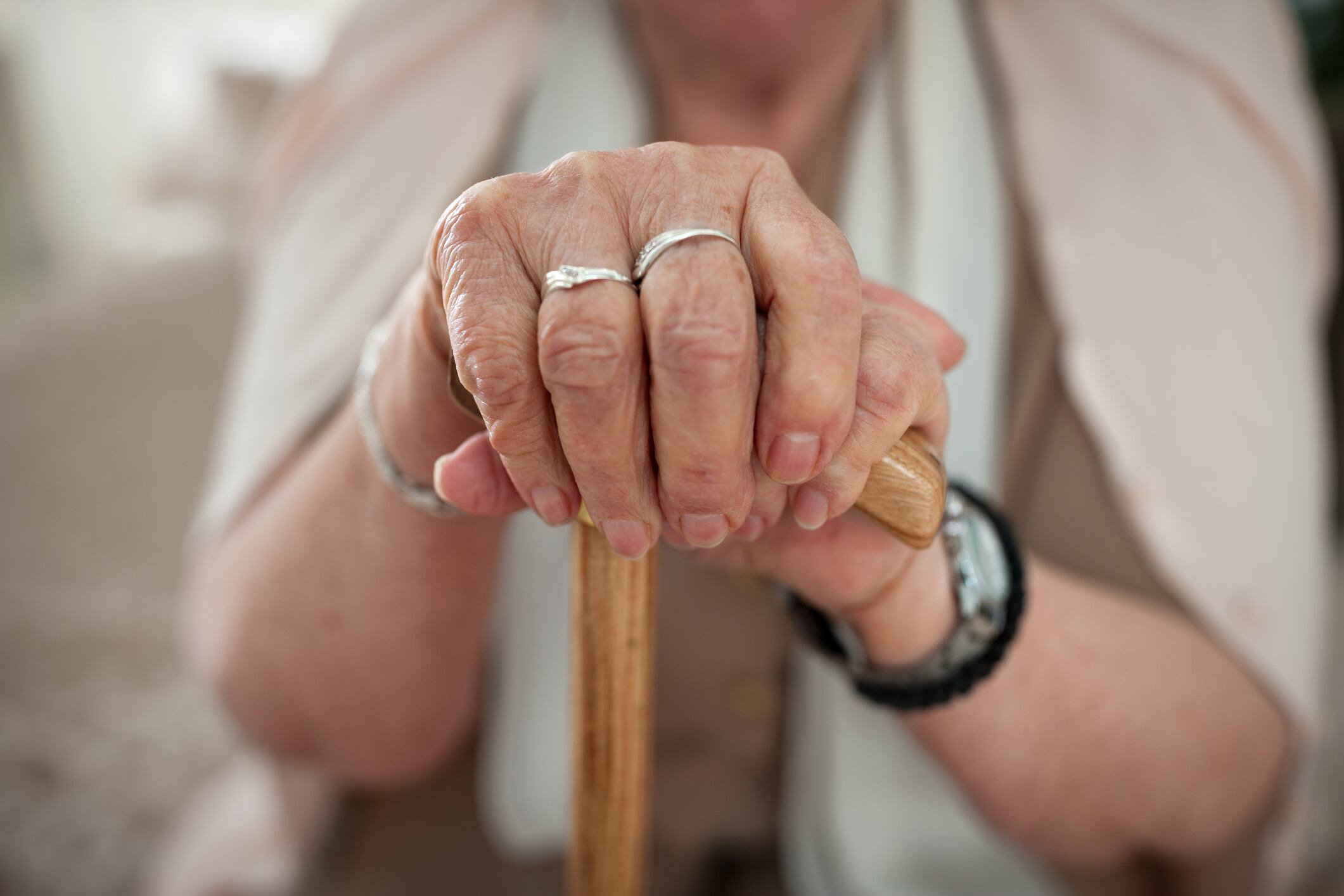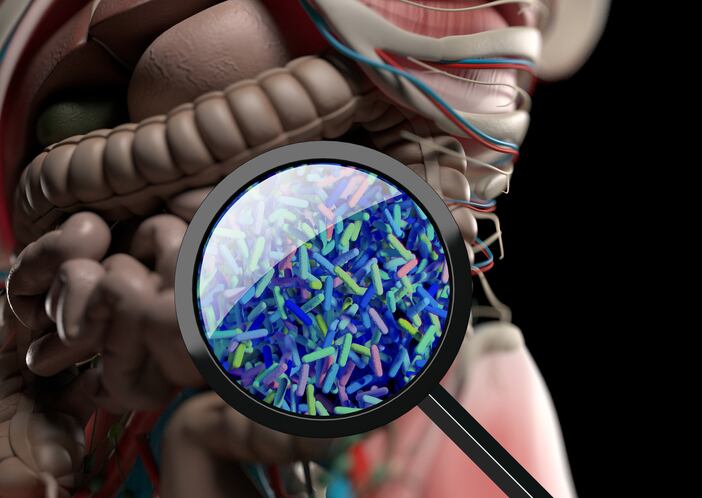Sarcopenia is an age-related condition characterised by loss of muscle mass and strength as a result of reduced anabolic responses to food ingestion and can affect individuals from 50 years onwards.
Treatment strategies include protein or amino acid supplementation combined with physical activity however these approaches are not suitable for everyone, including frail individuals who have difficulty exercising.
In a study analysing the effects of probiotic intervention on muscle anabolism in the elderly, researchers discovered supplementation with L. casei 63 limited muscle loss and had a long-term impact on muscle protein mass by improving insulin sensitivity and increasing protein synthesise.
Writing in the journal, Nutrition, the authors comment: “L. casei 63 supplementation could be effective in individuals for which common strategies such as protein supplementation or physical exercise have failed.
“The treatment maintained the phosphorylation levels of proteins that help regulate protein synthesis. Hence, strain 63 could be used in association with other nutritional strategies and exercise regimes to limit sarcopenia in frail elderly people.”
Complementary treatment
Gut microbe dysbiosis is common among the elderly due to low food intake and mechanistic dysfunction. An imbalance in microbiota is characterised by reduced gut diversity, higher proportion of opportunistic pathogens, and lower levels of anti-inflammatory and insulin-sensitizing metabolites.
Estimates suggest that individuals at greatest risk of sarcopenia are those whose energy and protein intake is at 75-80% of recommended levels, equal to 1,300-1,600 kcal/day for women and 1,400-1,900 kcal/day for men, and 0.8 g/kg of body mass/day for protein, the authors say.
Interactions between microbiota and skeletal muscle have been identified in studies and suggest treatment targeting gut composition could help frail elderly individuals, with lower food intake, improve muscle mass.
“The elderly often struggle to achieve healthy levels of food intake, which suggests that complementary treatment strategies should focus on boosting the absorption of any nutrients consumed,” the authors explain.
Improvements in intestinal nutrient absorption and metabolic efficiency in individuals with short bowel syndrome (SBS) following resection, were identified in one study. Drastic changes to gut microbiota were noted with lactobacilli species at 90%, which is in stark contrast to healthy gut microbiota that generally contains 1%.
“This research suggested that the SBS microbiota could prompt physiological and metabolic responses that improve nutrient bioavailability,” the authors say.
Study protocol
Researchers used gut bacterial strains from an SBS patient to evaluate their ability to maintain Caenorhabditis elegans survival and muscle structure and promote protein anabolism in a model of 18-year-old frail rodents on a food-restricted diet (75% of ad libitum consumption).
Two lactobacillus strains (63 and 62) had a positive effect on muscle integrity in C. elegans nematode screening while strain 63 also increased survival rates, compared to E. coli fed worms. Given the benefits of both strains, the effects were then tested on rodents.
When strain 63 was ingested daily for one month, rats were able to preserve muscle protein mass through improved protein synthesis in muscle tissue and insulin sensitivity in the muscle and at whole body level.
An escalation in the expression of two insulin-sensitizing receptors (GPR41 and GPR43) in the ileum was noted. Mechanistically, by increasing insulin sensitivity, the strain could positively influence protein metabolism in muscles and promote a stronger anabolic response, the authors write.
In contrast to other studies, they did not find any evidence to suggest L. casei 63 inhibited muscle protein breakdown.
Conclusion
Results confirm that microbiota treatment could help limit sarcopenia in the elderly and provide compelling evidence to support the use of L. casei 63 as a complementary tool for preventing sarcopenia should be considered, the authors say.
“Additionally, we would argue that our approach could be effective in challenging nutritional contexts in which dietary supplementation strategies would be difficult to implement. Finally, our results have shed light on the mechanisms by which the probiotic is likely acting.”
Source: Nutrition
Published online, August 10, 2022: http://doi.10.3389/fnut.2022.928798
‘Lacticaseibacillus casei CNCM I-5663 supplementation maintained muscle mass in a model of frail rodents’
Authors: M. Giron, et al.



